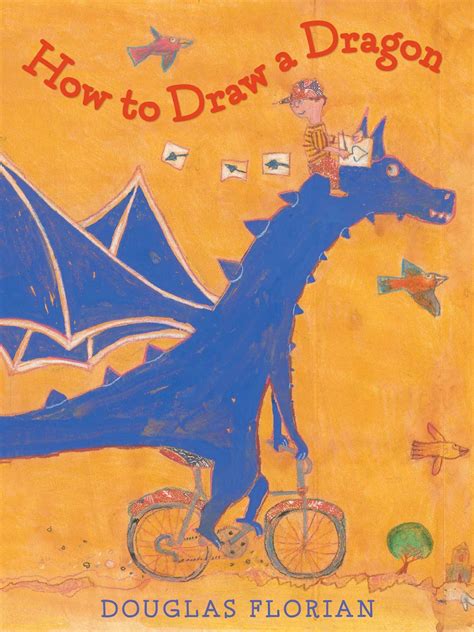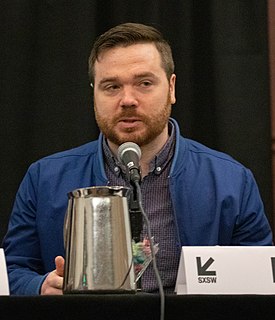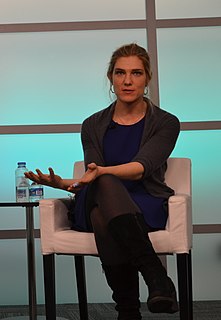A Quote by Lewis Thomas
I suggest that the introductory courses in science, at all levels from grade school through college, be radically revised. Leave the fundamentals, the so-called basics, aside for a while, and concentrate the attention of all students on the things that are not known.
Related Quotes
I studied art at Queens College, taking very few courses in literature. But I've always loved reading poetry and grew up enjoying the so-called beat poets, Allan Ginsburg, Jack Kerouac, and Gregory Corso among them. The poems of Ogden Nash also inspired me, having first seen his work while browsing in a library when I was in the sixth grade.
And this year, when we end the cruel, defeatist practice of passing children who cannot read into fourth grade, and when our most diligent students begin to graduate from high school in 11 years, and get a head start on college costs with the dollars they earned through their hard work, others will take notice of Indiana yet again.
I was in school, but I wasn't into school. I wasn't doing what I wanted to be doing in school, which was film studies. That was what I intended on doing, but I didn't go away to a university because I wanted to stay in L.A. and audition while I took classes, so I elected to go to a community college and just take G.E. courses. It was terrible.
In some of the classes, especially the introductory religion courses I took, the professors can veer into a particular strain of religious anti-intellectualism. Professors typically aren't given tenure at Liberty, so there's pressure to hew to the party line on religious and social issues. I didn't see a whole lot of my professors encouraging critical thinking among their students. Which isn't to say that students don't engage critical thinking skills at Liberty - just that it wasn't part of my classroom experience there.
You know, students who major in elementary education - they're going to be grade school teachers - they have the highest rates of math anxiety of any college major. And they bring that into the classroom. So you find students being introduced to math concepts by teachers who may have not only a lack of training but also a lack of enthusiasm about math.





































